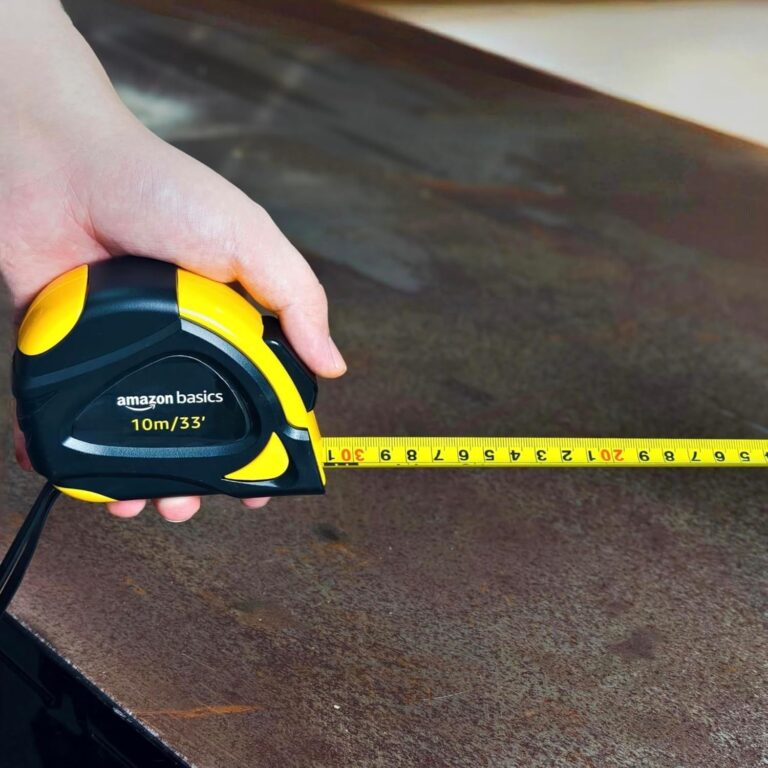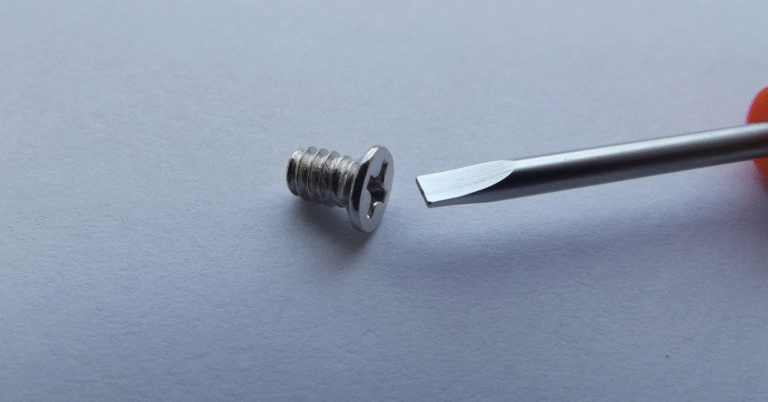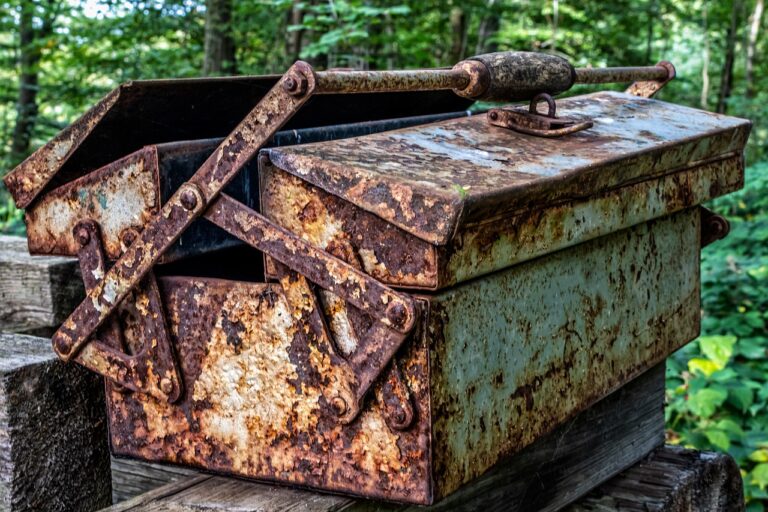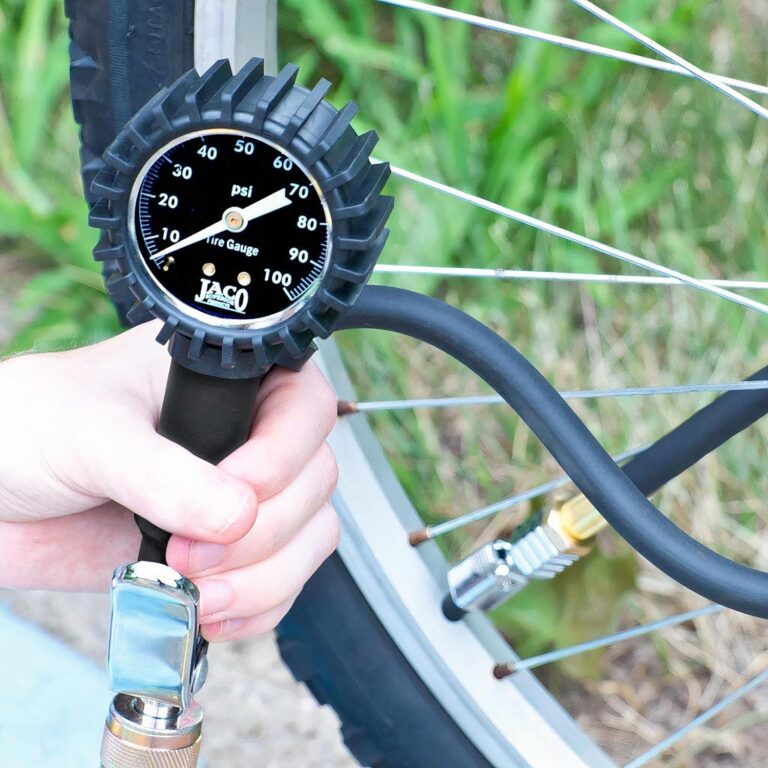How to Repair the Pull Cord on a Lawn Mower
Have you ever tried to start your lawn mower only to find the pull cord stuck or broken? Learning how to repair the pull cord on a lawn mower is an essential skill for anyone who wants to keep their yard looking great.
In this article, we will guide you through the steps to fix the pull cord, making it easy for you to get back to mowing quickly!
We independently evaluate all of our recommendations. If you click on the links we provide, we may receive compensation.
Table of Contents
Understanding the Pull Cord
The pull cord is the string you pull to start the engine of your lawn mower. When you pull it, it spins a part called the starter, and the lawn engine turns on.

If the cord gets tangled, frayed, or breaks, you won’t be able to start your mower.
Don’t worry! With a few simple tools and steps, you can learn how to repair a lawn mower pull cord quickly.
Read more >>> MowRo RM24 Robotic Lawn Mower Review
Why the Pull Cord Breaks
Pull cords can break or get damaged for several reasons:
- Wear and Tear: Over time, pulling the cord repeatedly can cause it to fray.
- Improper Storage: If the mower is left outside in the rain or sun, the cord can weaken.
- Overuse: Trying to start a mower that has engine problems can put extra stress on the cord.
- Tangles: If the cord gets tangled, it can snap when you try to pull it.
Understanding these issues can help you take better care of your mower.
Tools You’ll Need
Before you start, gather these tools:
- A new pull cord (if the old one is broken)
- Screwdriver (flathead and Phillips)
- Pliers
- Scissors
- A wrench (if needed)
- Safety glasses
- Work gloves
Having the right tools will make the repair process easier and safer.
Also, read >>> A Comprehensive Guide of Electric Zero Turn Lawn Mowers
Step-by-Step Guide to Repairing the Pull Cord
Step 1: Safety First!
Before you begin any repair, safety is the top priority! Make sure your lawn mower is turned off and cool to the touch.

Remove the spark plug wire to prevent the mower from accidentally starting while you work. This simple step can help you avoid accidents.
Step 2: Remove the Starter Cover
Use a screwdriver to take off the screws holding the starter cover in place. This is usually found on the top of the mower.

Once the screws are out, gently lift the cover off. Keep the screws in a small container so you don’t lose them.
Step 3: Inspect the Pull Cord
Now it’s time to look at the pull cord. If it’s just stuck, you might be able to fix it without replacing it.
If it’s frayed or broken, you’ll need a new cord. Look for knots, frays, or cuts in the cord. If you see these signs, it’s best to replace them.
Step 4: Removing the Old Cord
If you need to replace the cord, take note of how it is wound around the starter. Use pliers to loosen any knots or to untangle it.
If the cord is broken, cut it off and remove it completely. Be careful while handling the cord to avoid any sharp edges.
Step 5: Installing the New Cord
Take your new pull cord and measure out about 6 feet. This length is usually enough for most lawnmowers.

Thread one end through the hole in the starter and tie a knot at the end. Make sure the knot is secure so it won’t slip through.
Step 6: Winding the Cord
Now, wind the cord around the starter. Make sure it’s tight and neat, following the same path as the old cord.
This part is important because if it’s not wound correctly, it won’t work well. You may need to turn the starter a few times to create tension.
Step 7: Reattach the Starter Cover
Once the cord is wound properly, place the starter cover back on. Use your screwdriver to secure it with screws.
Make sure everything is tight, but don’t over-tighten, as that can strip the screws.
Step 8: Test Your Repair
Reconnect the spark plug wire. Now, give the cord a gentle pull to see if it works. If it goes smoothly, congratulations!
Troubleshooting Common Issues
Sometimes, even after following the steps, you might run into problems. Here are some common issues and solutions:
The Cord Won’t Pull
If the cord is stuck and won’t pull, check if it’s tangled inside the starter. You may need to open the cover again and untangle it.
The Cord Breaks Again
If your new cord breaks shortly after installation, make sure it’s not rubbing against any sharp edges. Inspect the starter and surrounding areas for any parts that could cause wear.
Read more on this >>> The Best Hand Push Mowers Today
The Mower Still Won’t Start
If the mower doesn’t start even after fixing the cord, there might be other issues, such as fuel problems or spark plug issues. It’s a good idea to check the fuel level and condition, as well as the spark plug.
Tips for Maintaining Your Lawn Mower
To prevent future issues with the pull cord and keep your lawn mower running smoothly, here are some tips:
1. Store Your Mower Properly
Keep your mower in a dry place to avoid rust and damage. If possible, store it in a garage or shed, and cover it with a tarp if it needs to stay outside.
2. Regular Checks
Inspect the cord and other parts regularly for wear and tear. Look for cracks, fraying, or rust to catch problems early.
3. Clean After Use
After each use, clean grass clippings and debris from your mower. This not only helps the mower function better but also extends its life.
4. Use the Right Fuel
Always use the correct type of fuel for your mower. Using the wrong fuel can lead to engine problems that may affect the starter and pull cord.
5. Change Oil Regularly
Just like a car, your lawn mower needs regular oil changes. Check the oil level and change it according to the manufacturer’s recommendations.
6. Follow the User Manual
Every lawn mower is different. Always refer to the user manual for specific maintenance guidelines and troubleshooting tips for your model.
Read more >>> Best Self Propelled Lawn Mower: Easy Choices for a Perfect Lawn
Conclusion
Now you know how to repair the pull cord on a lawn mower! With just a few tools and steps, you can fix it yourself and save money on repairs.
Remember, learning how to repair a lawn mower can help you keep your yard looking beautiful without relying on others.
Being able to troubleshoot and fix problems with your mower not only saves you time and money but also gives you a sense of accomplishment. So, next time your mower won’t start, you’ll have the confidence to tackle the problem head-on.
Happy mowing! With this knowledge, you’re well on your way to becoming a lawn care expert!





